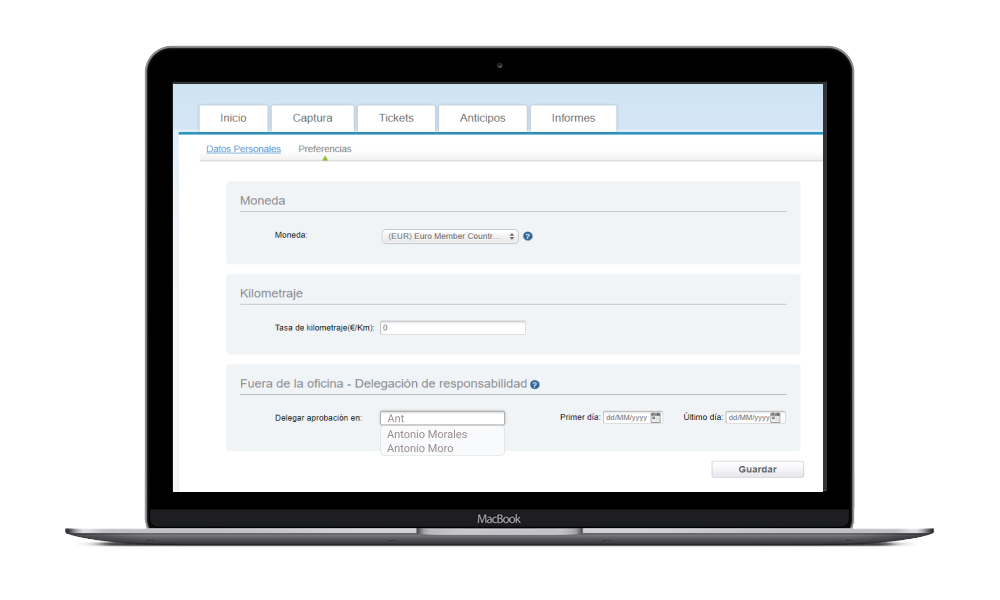Business intelligence (BI) is the use of data analysis in taking strategic decisions in the business environment. This definition might seem somewhat abstract if it is not illustrated with some concrete examples.
Here, we will look at a series of applications, based on real experiences that have served to make specific improvements in companies from different sectors thanks to this discipline based on data analysis.

Stock optimization
Sectors with a pronounced seasonal business cycle often find it very difficult to optimize their stock. For example, if sales of particular product shoot up in summer or at Christmas, it is a big challenge to store the right amount of stock in order to maximize profit.
To address this issue, some companies in the canning, preserving and general food sector have been able to increase profitability by nearly 10% using BI techniques based on:
-
The adoption of a decision support system (DSS).
-
The exhaustive analysis of historical sales and stocktaking data for warehouse products.
In many cases, the results obtained have made possible a much more efficient and profitable redesign of the entire logistical and productive warehousing process.
Increasing customer loyalty
Business intelligence processes are also very useful for identifying the most profitable customers of, for example, a supermarket or clothing chain, who can subsequently be brought into loyalty schemes.
To do this, a great deal of data must be correctly analysed in order to find the ideal profile: age, sex, geographical location, marital status, number of children, etc. A good way of obtaining this information might be the creation of "discount cards", where in exchange for a card; the client has to provide a range of personal details.
Detecting and correcting budget deviations
There are plenty of companies, especially large ones that are affected by significant budget deviations, discrepancies between the estimated operational parameters and targets set at the beginning of the year, and the actual results produced twelve months later.
An analysis of the strategic objectives of the company itself by means of a Balance Scorecard can quickly detect the reason for these deviations and enable their rapid correction. Sometimes, the problem might be a mismatch between a company's advertising and marketing operations and its real needs.
Problems for small businesses
The view that BI is only of any use to large companies is as widely-held, as it is wrong. Simple business intelligence systems can be of great help to small businesses in deciding, for example, what the best opening hours are, or what day of the week is best to take off.




